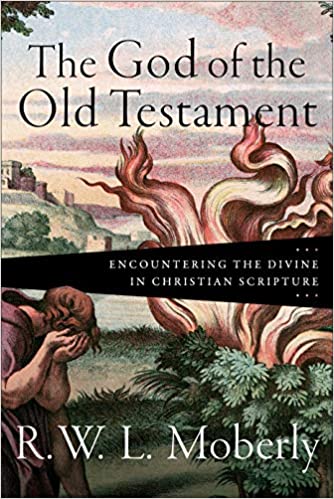Q. Since various OT scholars have suggested, wrongly in my view, that OT wisdom literature is essentially secular rather than theological in character it was something of a bold move to start your discussion of the God of the OT by focusing on Wisdom literature. Why did you decide to do this?
A. I have long been pondering possible similarities between “wisdom” and “theology” as terms which depict an integral relationship between thought and life, under God, in the kind of way I suggest at the very end of the first chapter. So I thought I’d like to try to introduce the whole book in this way, to underline the inseparable nature, for Christian theology, of thinking and living.
Proverbs 1-9 clearly relate wisdom to God, and frame and contextualize all the individual proverbs that follow. This means that even if, for the sake of argument, the following proverbs were originally “secular” – though that is hardly a helpful category in this ancient context, and I share your reserve about common claims here – they are now to be understood and used as explicitly part of life with God.













